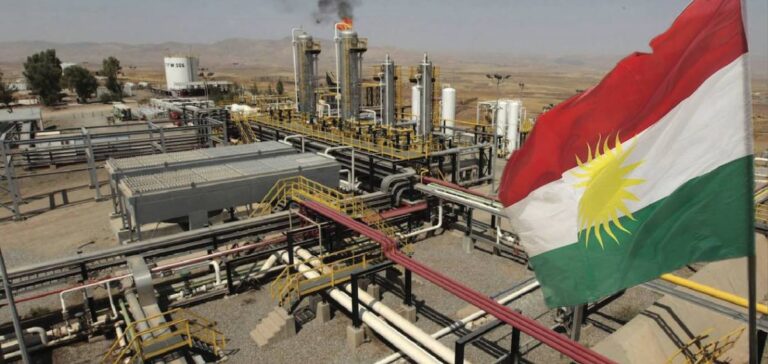Talks between the Kurdistan Regional Government (KRG) and Iraq’s Ministry of Finance center on the remuneration of Kurdish civil servants. This long-awaited negotiation aims to resolve a budget crisis aggravated by the shutdown of the Kirkuk-Ceyhan pipeline. Kurdish authorities fear another delay in salary payments, which could stir internal tensions. Several observers believe the outcome of this matter could influence how oil revenues are managed, although no official statement has gone beyond this strictly budgetary scope for now.
A confirmed agreement between Iraq and British Petroleum
The only recent certainty in the energy landscape concerns the deal reached between Iraq and British Petroleum (BP). On January 15, 2025, both parties signed a memorandum of understanding in London to increase production at four oil fields in the Kirkuk region. The goal is to boost the current output from 350,000 barrels per day to between 450,000 and 500,000 barrels per day. This agreement also includes utilizing associated gas to reduce flaring and improve the country’s electrical production. Local engineers see considerable potential for expansion, provided that sufficient funding is secured and territorial disputes are avoided.
However, some Kurdish officials are concerned by this initiative, pointing out that these fields are partially located in disputed areas. The KRG insists on being included in any project involving Kirkuk, in order to protect its constitutional rights and ensure a fair distribution of resources. So far, the agreement remains exclusively between Baghdad and BP, with no formal mention of the Kurdistan region. Several analysts suggest the issue could resurface when overall management of Iraq’s oil is discussed, but no authority has confirmed that Kirkuk will be on the agenda of the current meeting.
Speculation around the Kirkuk-Ceyhan pipeline
Since it was shut down, the Kirkuk-Ceyhan pipeline has hindered the Kurdistan region’s economy, which relies heavily on oil export revenues. The arbitration dispute that pitted Iraq against Turkey has complicated the situation further, challenging the legality of some KRG-origin shipments. Kurdish representatives are counting on a swift resumption of transit, but that depends on a political and financial agreement also involving Turkish authorities. In this context, the prospect of renewed oil revenues through the BP deal is generating significant interest, though there is no indication this topic will be addressed in the ongoing talks.
Some experts propose that a tripartite agreement involving the KRG, Baghdad, and BP could facilitate the pipeline’s reopening. This scenario remains purely speculative, as it would require a common willingness to resolve disputes and clarify each party’s role. Proponents argue that the presence of a major international company would bring stability and transparency. To date, however, no government body has publicly supported such a plan, and the current discussions remain primarily focused on salaries.
Rehabilitating the fields and potential tensions
BP’s rehabilitation project aims to optimize four major oil fields, including Kirkuk, by increasing production capacity, upgrading infrastructure, and harnessing associated gas to reduce energy waste. From the Iraqi perspective, this modernization represents a key step toward a more profitable operation, even though environmental concerns are not at the forefront. Planned investments largely depend on how the initial phase unfolds and on the stability of the regulatory framework.
Kurdish officials maintain that no decision regarding Kirkuk should be made without their input. They emphasize the need for clear protocols to govern production and revenue sharing in order to avoid legal uncertainty. Given the financial importance of oil revenues, which are vital for the Kurdistan region’s budgets, local leaders worry that an exclusive arrangement between Baghdad and an international entity could undermine their influence over energy policy.






















